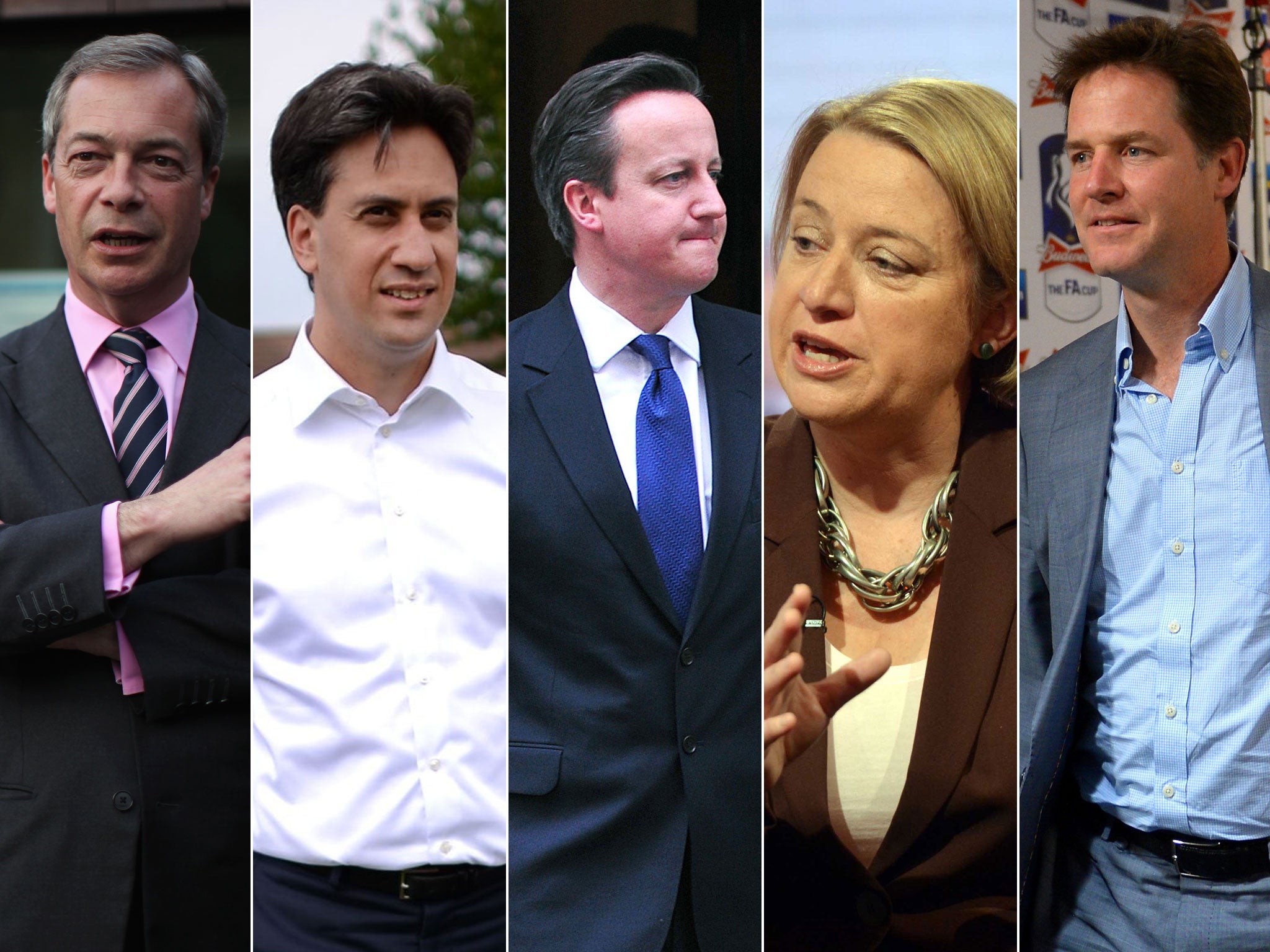Three quarters of students will vote in 2015 general election, according to NUS research

Nearly three quarters of students would be likely to vote if there was a general election tomorrow, a survey by the National Union of Students has indicated.
Surveying nearly 1,500 students from the NUS Extra database, they found that 73 per cent were registered to vote and that 72 per cent would be likely or highly likely to vote if there was a general election tomorrow. The results also show that the cost of living, health and employment would be key factors in their decision on which way to vote.
The survey presents an encouraging change from an NUS poll released in February, the results of which indicated that only a third of students were registered to vote.
Seven per cent of respondents were international students who are not eligible to vote in the UK, while many may also be under the age of 18, with a significant proportion of those surveyed falling into the 16-18 category. The results could, therefore, be even more promising.
Speaking as the survey results were revealed at the Student Media Summit last week, NUS vice president Rachael Mattey said: "This research is heartening, as it shows that students are well on their way to being a force to be reckoned with in the general election. I think that young people are the key to fixing Britain and our democracy, which is why I'll be campaigning for a new deal for the next generation this year."
"You can't blame people for not engaging in the political system as it currently is," she added, pointing to examples of broken promises made by politicians and the language used on issues that students have little interest in to explain the problem.
Subscribe to Independent Premium to bookmark this article
Want to bookmark your favourite articles and stories to read or reference later? Start your Independent Premium subscription today.

Join our commenting forum
Join thought-provoking conversations, follow other Independent readers and see their replies